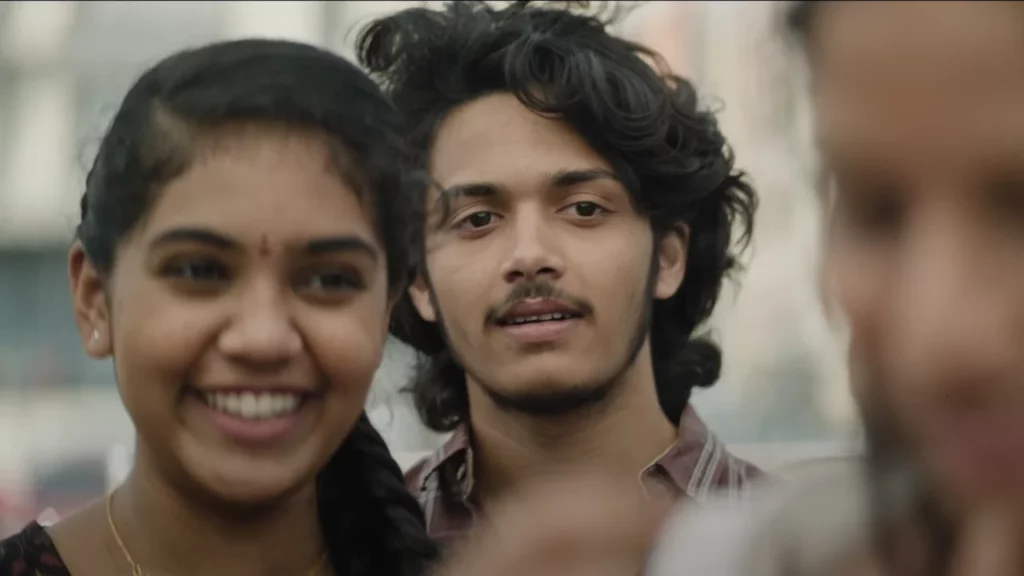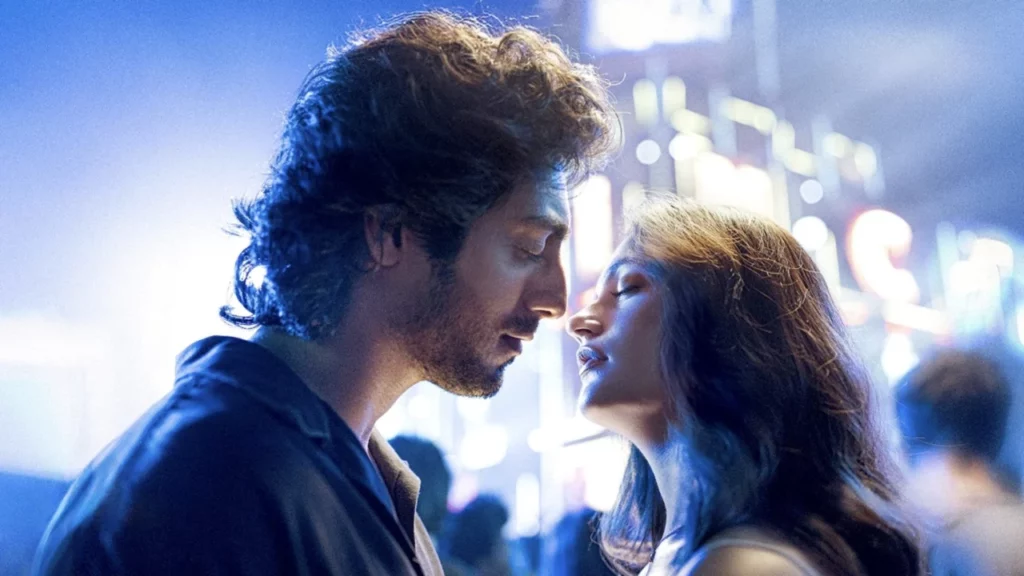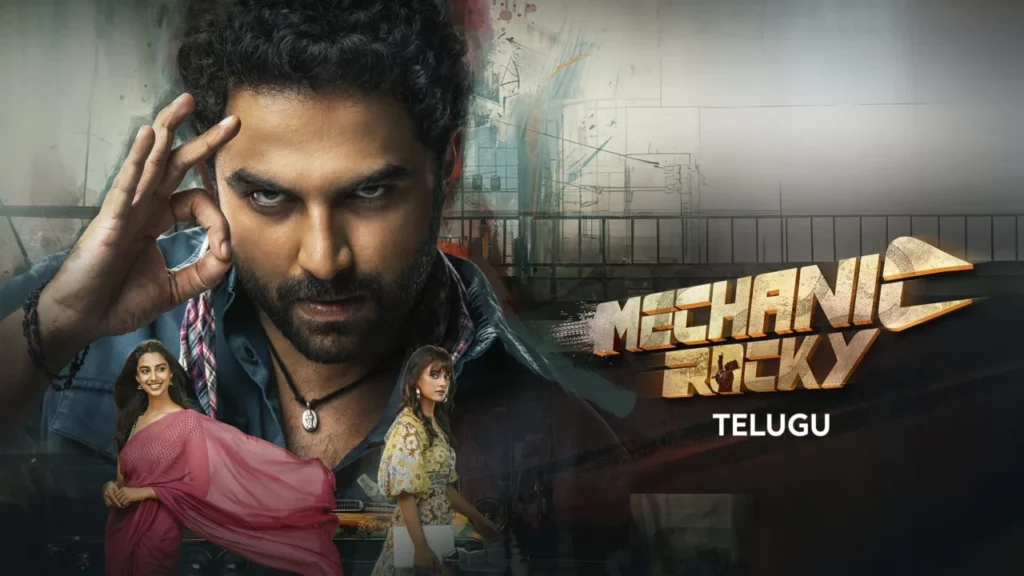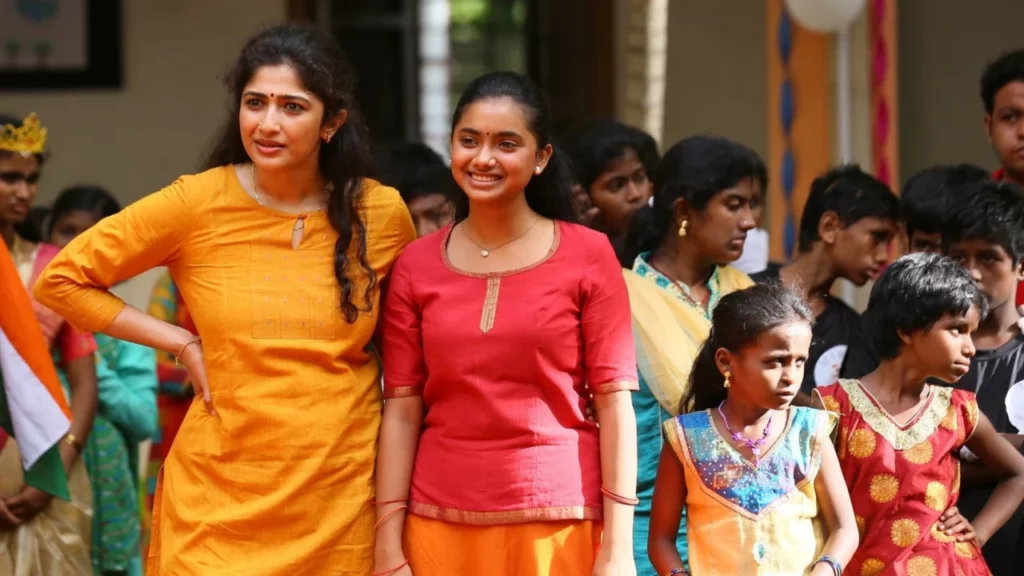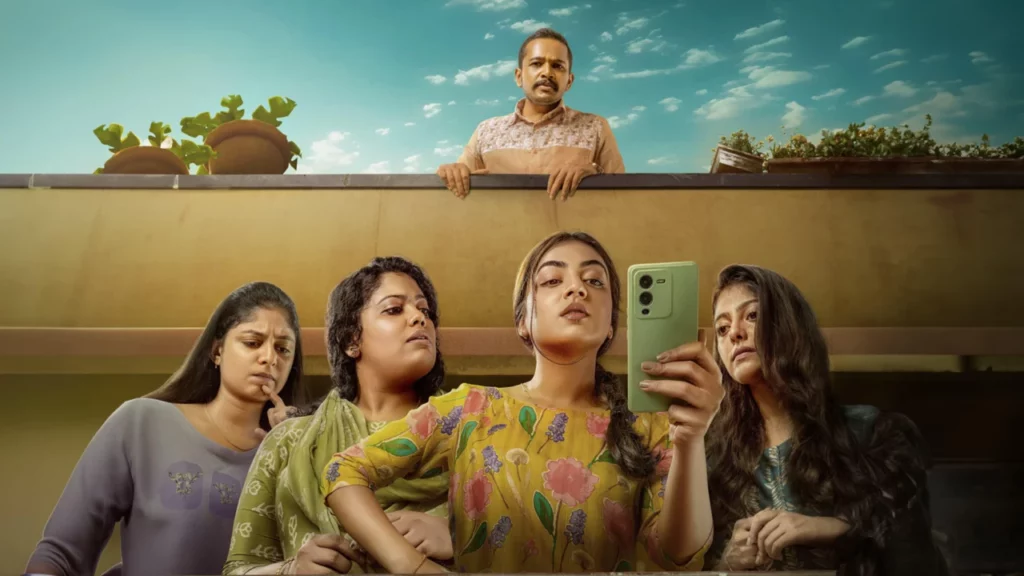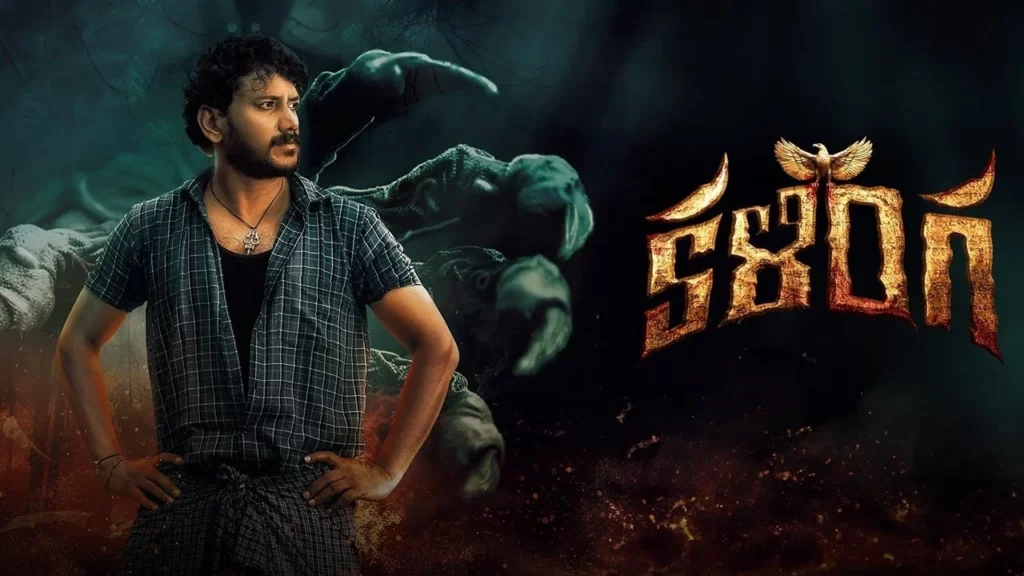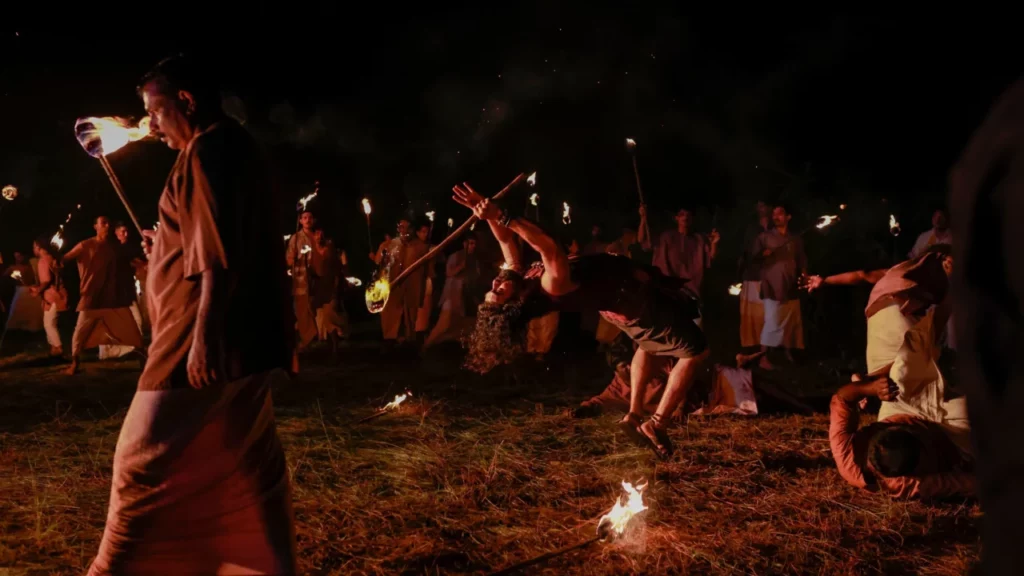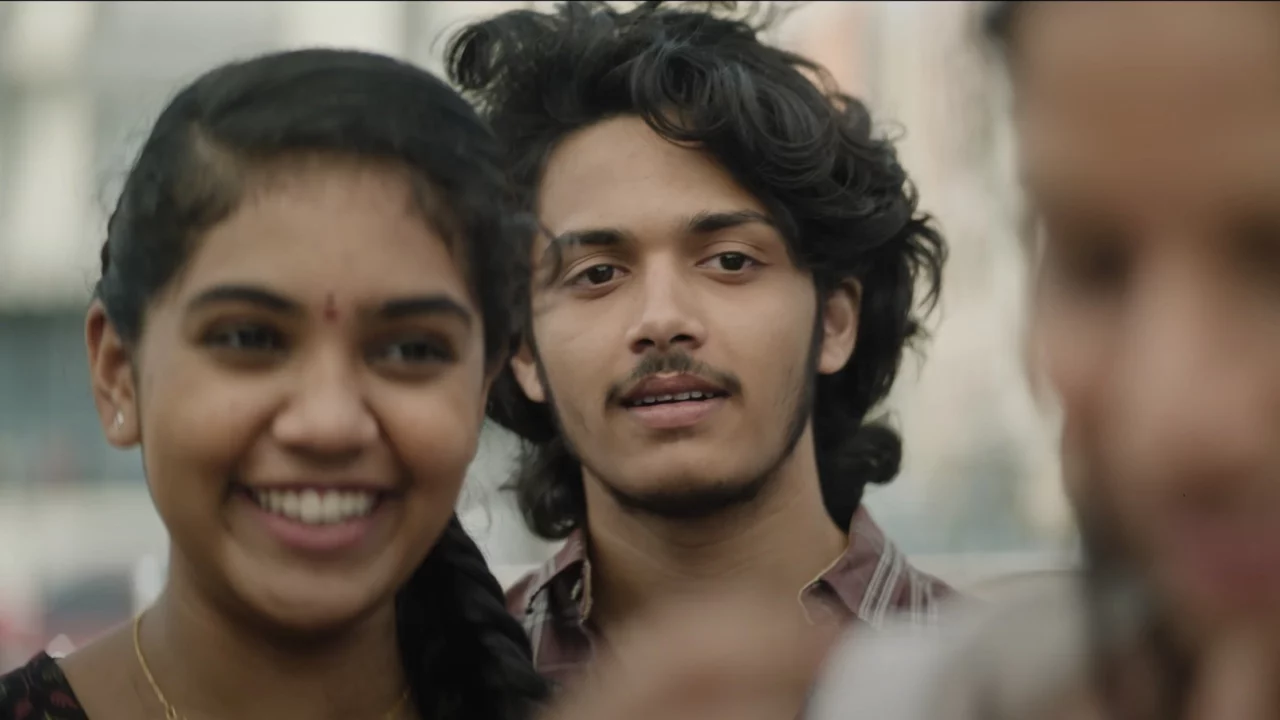
Court: State vs. A Nobody (2025) Movie: This Courtroom Drama Hits Different
Court: State vs. A Nobody stands as a compelling courtroom drama that emerged in 2025, directed by debutant Ram Jagadeesh who also penned the screenplay alongside Karthikeya Sreenivass and Vamsidhar. This Telugu film, presented by actor Nani, features an impressive cast led by Priyadarshi Pulikonda, Harsh Roshan, and Sivaji in pivotal roles.
The film boasts a well-rounded supporting cast including Saikumar, Harsha Vardhan, Subhalekha Sudhakar, Rohini Molleti, Sridevi Appala, Surabhi Prabhavathi, and Rajsekhar Aningi. With music composed by Vijai Bulganin, the film was theatrically released on March 14, 2025, and later made available on Netflix from April 11, 2025.

Plot and Storyline
The story revolves around a wrongfully accused teenager who becomes entangled in a sex-crimes case that threatens to destroy his life. The narrative unfolds through the perspective of his dedicated lawyer, played by Priyadarshi Pulikonda, who takes on the challenging task of fighting against a system riddled with prejudices and convenient exploitations.
What sets Court apart from typical courtroom dramas is its realistic portrayal of legal proceedings and the human emotions that drive them. The screenplay maintains a balance between legal technicalities and emotional storytelling, ensuring that viewers remain engaged throughout the narrative.
The second half of the movie particularly shines with its courtroom sequences, where the tension builds naturally and the conflict feels authentic. The romantic subplot, centered around the song Premalo, adds a tender dimension to the otherwise intense legal proceedings.
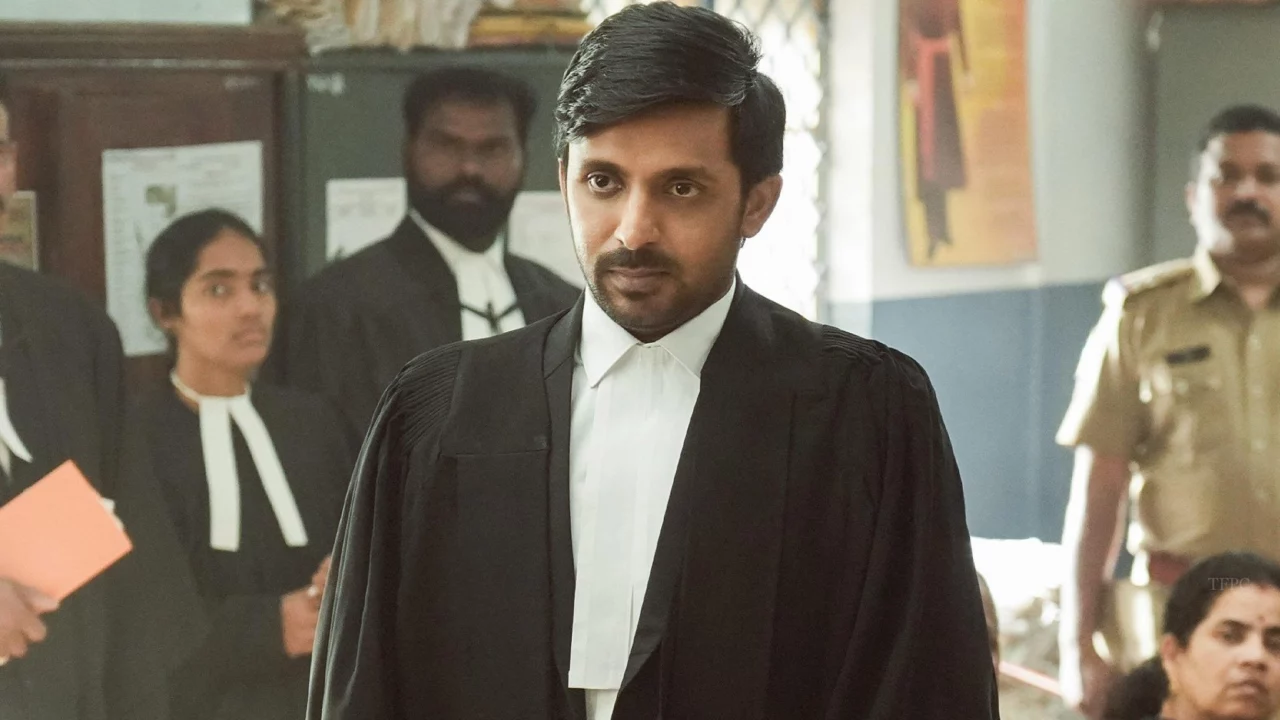
Cast Performance
Priyadarshi Pulikonda delivers a career-defining performance as the dedicated lawyer who refuses to back down from seeking justice. His portrayal of a legal professional fighting against grave injustice is both convincing and emotionally resonant. I found his commitment to the character particularly impressive, making viewers believe in his unwavering determination.
Harsh Roshan, in his role as Chandrashekar, provides a confident and effortless performance that deserves special recognition. His dialogue delivery stands out as particularly impressive, demonstrating the kind of screen presence that suggests a promising future in cinema.
Sivaji takes on a role that differs significantly from his typical characters, and he embraces this challenge with remarkable skill. His performance adds gravitas to the proceedings, showcasing his versatility as an actor.
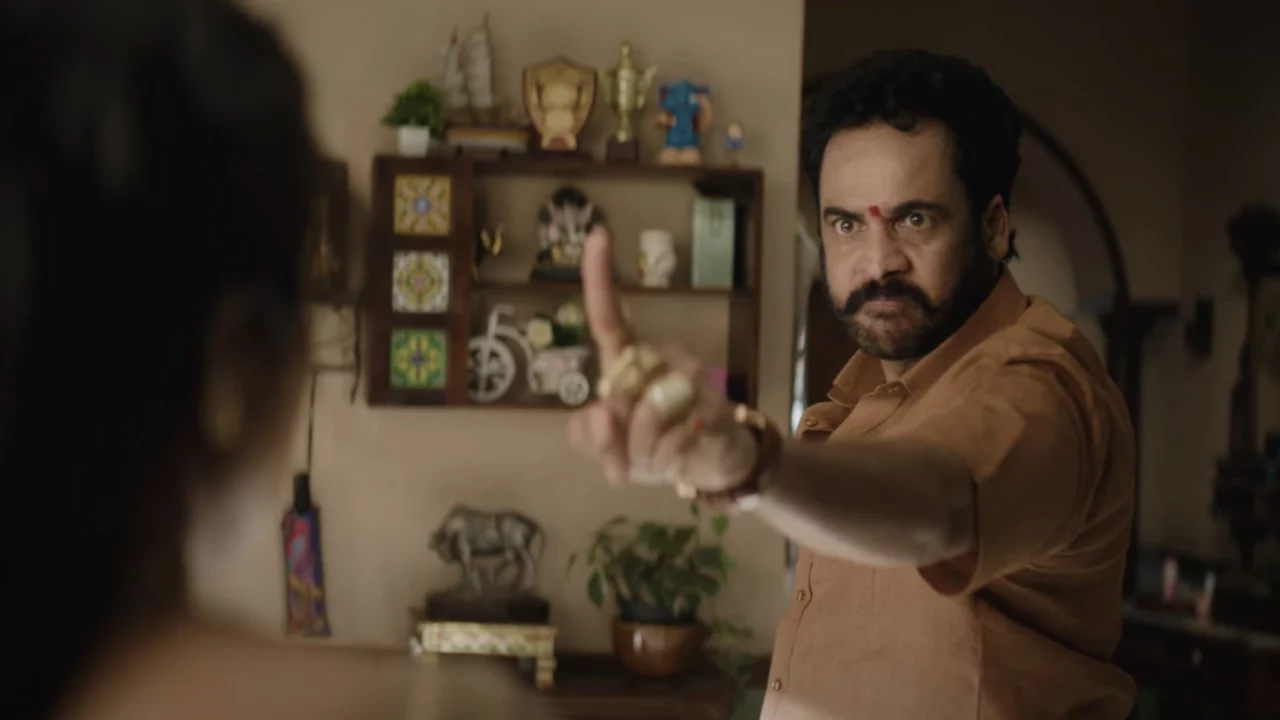
Technical Aspects
Director Ram Jagadeesh demonstrates remarkable skill for a debutant filmmaker, punching well above his weight in delivering a film that is both deeply moving and socially relevant. His direction ensures that the courtroom drama never feels staged or artificial, instead creating an atmosphere of genuine tension.
The background score by Vijai Bulganin deserves particular praise for adding emotional depth to the courtroom sequences. However, I felt the music score becomes excessive in certain scenes, overwhelming rather than enhancing the emotional impact.
The screenplay’s literary finesse is evident in its treatment of complex legal and social issues. The dialogue is strong and thought-provoking, addressing important themes without resorting to preachy exposition.
What Works
The film’s greatest strength lies in its authentic portrayal of the Indian legal system and the challenges faced by those seeking justice. The courtroom sequences are particularly well-crafted, showing genuine understanding of legal procedures while maintaining dramatic tension.
The film’s approach to addressing social biases and prejudices within the judicial system is both thoughtful and impactful. Rather than taking a simplistic approach, the narrative acknowledges the complexity of these issues while maintaining a clear moral compass.
The second half of the film stands out as particularly engaging, with the courtroom drama reaching its full potential. The emotional depth added by the background score enhances key moments without feeling manipulative.
Areas for Improvement
While the film succeeds in many areas, it does suffer from pacing issues in the first half, where the setup feels somewhat slow and could benefit from tighter editing. Some viewers may find the initial portions less engaging compared to the more dynamic courtroom sequences that follow.
The film also features moments of melodrama that, while not entirely detrimental, could have been handled with more subtlety. Additionally, while the film makes excellent use of its supporting cast, some characters feel underutilized and could have been given more substantial roles.
The romantic subplot, while charming, occasionally feels disconnected from the main legal drama. Better integration of these elements could have strengthened the overall narrative cohesion.
Critical Reception and Reviews
The film has received generally positive reviews from critics and audiences alike. Paul Nicodemus of The Times of India awarded the film three-and-a-half stars out of five, praising director Ram Jagadeesh for delivering a film that is both deeply moving and socially relevant.
Avad Mohammad of OTTplay gave the film 3.5/5 stars, describing it as a gripping courtroom drama with outstanding performances, a strong message, and powerful emotions. The review noted that while the film starts slow, it maintains engagement once the conflict is established.
On IMDb, the film currently holds a rating of 7.9 out of 10, indicating strong audience appreciation. User reviews have highlighted the film’s accuracy in depicting courtroom procedures and its relevance for various audiences, particularly young people, parents, legal professionals, and law enforcement officers.
Final Verdict
Court: State vs. A Nobody emerges as a commendable courtroom drama that successfully balances entertainment with social commentary. Despite some pacing issues in the first half, the film delivers where it matters most – in its portrayal of justice, human resilience, and the importance of fighting for what is right.
The strong performances, particularly from Priyadarshi and Harsh Roshan, combined with solid direction and meaningful dialogue, create a viewing experience that is both engaging and thought-provoking. I believe this film represents the kind of meaningful cinema that deserves recognition and support from audiences seeking more than just entertainment.
Rating: 4/5

